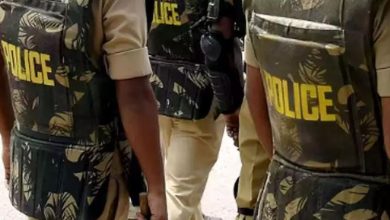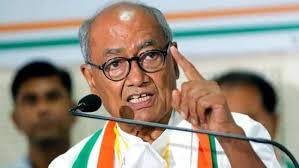Detained, mistreated & deported: Australian filmmaker’s ordeal in India over nuclear protest film

New Delhi: David Bradbury, a 73-year-old Australian documentary filmmaker, was detained at Chennai airport while traveling with his two children, mistreated and subsequently deported for making a film about the 2012 protests against the Kudankulam nuclear power plant.
According to Kashmir Media Service, upon arrival in India for a two-week trip, only Bradbury’s children, Nakeita (21) and Omar (14), were allowed through immigration; he was held back.
Indian news portal, The Wire, reported that during his more than 24-hour detention, Bradbury was denied access to the Australian embassy, deprived of medication, and refused basic needs, including a toilet. Ultimately, he was forced to leave India while his children remained. The Wire reported that it has accessed a copy of Bradbury’s e-visa, as well as stamps on his passport showing his exit from Bangkok (from where the family was traveling to Chennai) on September 10, and his re-entry into Bangkok on September 12.
This was not Bradbury’s first visit to India. In 2012, he served on the jury for the Mumbai International Film Festival. After event, Bradbury visited Idinthakarai, a coastal village near the Kudankulam Nuclear Power Plant in Tamil Nadu. During his two week stay in the village, he documented local protests against the nuclear plant, which had garnered significant opposition due to concerns over safety and environmental impact. The villagers, who were leading the protests, had faced both police violence and multiple charges for their agitation. Upon returning to Australia, Bradbury also published an article in a local news outlet on this.
Describing his detention, Bradbury recounted being taken to a filthy room and interrogated about his current and past visits, including demands to unlock his phone and share contacts. Despite multiple requests for communication with the Australian embassy, he was ignored. In a particularly distressing moment, he had to urinate in a paper cup due to the refusal of basic facilities.
Bradbury expressed grave concerns over the decision to build six nuclear reactors on a major earthquake fault line, warning of potential disasters akin to Fukushima or Chernobyl. He stated, “If one of those reactors has a meltdown, the consequences would be catastrophic, affecting not just India but surrounding countries as well.”
Bradbury believes his detention was directly related to his previous work documenting the protests and highlighting the villagers’ struggle against police violence and intimidation.








